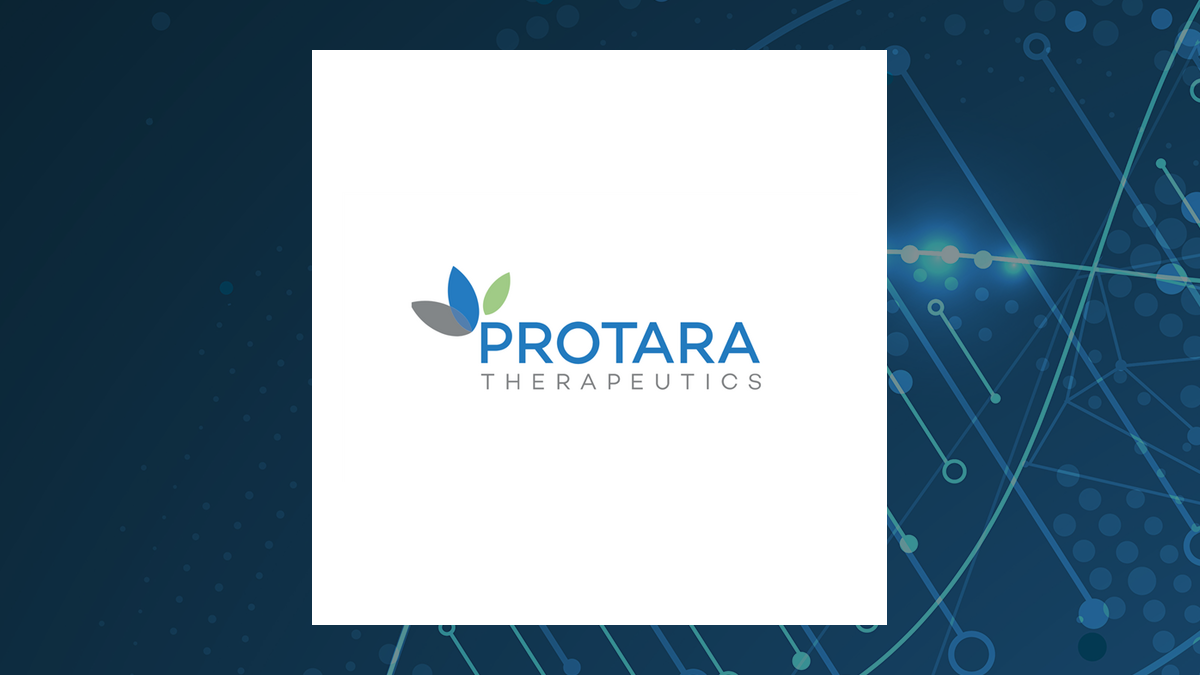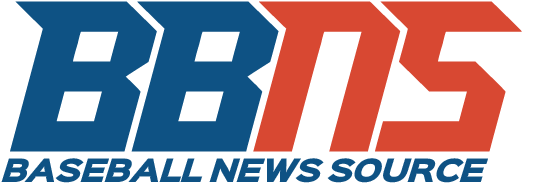Revolution Medicines (NASDAQ:RVMD – Get Free Report) and Protara Therapeutics (NASDAQ:TARA – Get Free Report) are both medical companies, but which is the superior business? We will compare the two businesses based on the strength of their institutional ownership, valuation, earnings, profitability, analyst recommendations, dividends and risk.
Analyst Ratings
This is a breakdown of recent recommendations and price targets for Revolution Medicines and Protara Therapeutics, as provided by MarketBeat.
| Sell Ratings | Hold Ratings | Buy Ratings | Strong Buy Ratings | Rating Score | |
| Revolution Medicines | 0 | 0 | 12 | 1 | 3.08 |
| Protara Therapeutics | 0 | 0 | 3 | 0 | 3.00 |
Revolution Medicines presently has a consensus target price of $66.23, suggesting a potential upside of 65.04%. Protara Therapeutics has a consensus target price of $22.67, suggesting a potential upside of 555.86%. Given Protara Therapeutics’ higher probable upside, analysts clearly believe Protara Therapeutics is more favorable than Revolution Medicines.
Earnings and Valuation
| Gross Revenue | Price/Sales Ratio | Net Income | Earnings Per Share | Price/Earnings Ratio | |
| Revolution Medicines | $742,000.00 | 9,097.88 | -$436.37 million | ($3.59) | -11.18 |
| Protara Therapeutics | N/A | N/A | -$40.42 million | ($2.82) | -1.23 |
Protara Therapeutics has lower revenue, but higher earnings than Revolution Medicines. Revolution Medicines is trading at a lower price-to-earnings ratio than Protara Therapeutics, indicating that it is currently the more affordable of the two stocks.
Risk & Volatility
Revolution Medicines has a beta of 1.45, suggesting that its stock price is 45% more volatile than the S&P 500. Comparatively, Protara Therapeutics has a beta of 1.64, suggesting that its stock price is 64% more volatile than the S&P 500.
Insider & Institutional Ownership
94.3% of Revolution Medicines shares are held by institutional investors. Comparatively, 38.1% of Protara Therapeutics shares are held by institutional investors. 8.0% of Revolution Medicines shares are held by company insiders. Comparatively, 12.5% of Protara Therapeutics shares are held by company insiders. Strong institutional ownership is an indication that hedge funds, endowments and large money managers believe a company is poised for long-term growth.
Profitability
This table compares Revolution Medicines and Protara Therapeutics’ net margins, return on equity and return on assets.
| Net Margins | Return on Equity | Return on Assets | |
| Revolution Medicines | N/A | -33.67% | -30.08% |
| Protara Therapeutics | N/A | -55.96% | -49.06% |
Summary
Revolution Medicines beats Protara Therapeutics on 7 of the 13 factors compared between the two stocks.
About Revolution Medicines
 Revolution Medicines, Inc., a clinical-stage precision oncology company, develops novel targeted therapies for RAS-addicted cancers. The company’s research and development pipeline comprises RAS(ON) inhibitors designed to be used as monotherapy in combination with other RAS(ON) inhibitors and/or in combination with RAS companion inhibitors or other therapeutic agents, and RAS companion inhibitors for combination treatment strategies. Its RAS(ON) inhibitors include RMC-6236 (multi), RMC-6291 (G12C), and RMC-9805 (G12D), which are in phase 1 clinical trial; and development candidates comprise RMC-5127 (G12V), RMC-0708 (Q61H), and RMC-8839 (G13C), as well as programs focused on G12R and other targets. The company’s RAS companion inhibitors include RMC-4630 that is in phase 2 clinical trial; and RMC-5552, which is in phase 1 clinical trial. Revolution Medicines, Inc. was incorporated in 2014 and is headquartered in Redwood City, California.
Revolution Medicines, Inc., a clinical-stage precision oncology company, develops novel targeted therapies for RAS-addicted cancers. The company’s research and development pipeline comprises RAS(ON) inhibitors designed to be used as monotherapy in combination with other RAS(ON) inhibitors and/or in combination with RAS companion inhibitors or other therapeutic agents, and RAS companion inhibitors for combination treatment strategies. Its RAS(ON) inhibitors include RMC-6236 (multi), RMC-6291 (G12C), and RMC-9805 (G12D), which are in phase 1 clinical trial; and development candidates comprise RMC-5127 (G12V), RMC-0708 (Q61H), and RMC-8839 (G13C), as well as programs focused on G12R and other targets. The company’s RAS companion inhibitors include RMC-4630 that is in phase 2 clinical trial; and RMC-5552, which is in phase 1 clinical trial. Revolution Medicines, Inc. was incorporated in 2014 and is headquartered in Redwood City, California.
About Protara Therapeutics
 Protara Therapeutics, Inc., a clinical-stage biopharmaceutical company, engages in advancing transformative therapies for the treatment of cancer and rare diseases. The company's lead program is TARA-002, an investigational cell therapy, which is in Phase II clinical trial for the treatment of non-muscle invasive bladder cancer and lymphatic malformations. It is also developing intravenous choline chloride, an investigational phospholipid substrate replacement therapy that is in Phase II clinical trial for patients receiving parenteral nutrition. The company is headquartered in New York, New York.
Protara Therapeutics, Inc., a clinical-stage biopharmaceutical company, engages in advancing transformative therapies for the treatment of cancer and rare diseases. The company's lead program is TARA-002, an investigational cell therapy, which is in Phase II clinical trial for the treatment of non-muscle invasive bladder cancer and lymphatic malformations. It is also developing intravenous choline chloride, an investigational phospholipid substrate replacement therapy that is in Phase II clinical trial for patients receiving parenteral nutrition. The company is headquartered in New York, New York.
Receive News & Ratings for Revolution Medicines Daily - Enter your email address below to receive a concise daily summary of the latest news and analysts' ratings for Revolution Medicines and related companies with MarketBeat.com's FREE daily email newsletter.
